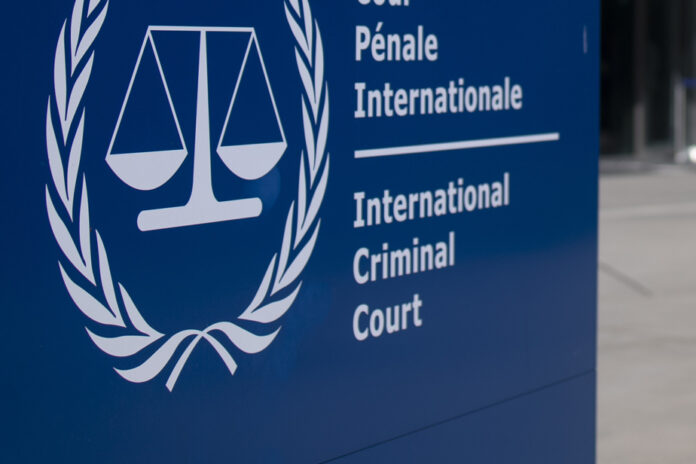(Ottawa) Canada is working with its overseas partners, including the International Criminal Court, to find those responsible for war crimes and crimes against humanity in Ukraine.
The RCMP investigation, launched a year ago, aims to collect and preserve evidence that could be used in future trials.
The federal police are also asking anyone with ties to Canada and who may have information on this subject to contact them through an internet portal created for the occasion.
The RCMP is seeking information on any acts of violence in Ukraine since February 24, 2022, the start of the Russian invasion, and since the occupation of Donbass and Crimea in 2014. The investigation is being conducted under the aegis of the Federal War Crimes and Crimes Against Humanity Program.
It reviews and analyzes this information. She sometimes meets with informants in order to obtain more details.
The survey is publicized in the form of posters and pamphlets given to Ukrainian refugees who settled in Canada in the past year. Officers also participate in meetings of the various Ukrainian communities in the country.
Finding information is not an easy task. Corporal Kate Walaszczyk, an RCMP investigator, says some people have other concerns when they arrive in the country. They need time to better understand the experience before coming to tell it.
Corporal Walaszczyk does not specify the number of people who contacted the Mounted Police. “But I can say that we received quite a large volume of information,” she says.
Intelligence gathering continues. Investigators hope to hear from those who may have observed crimes or photographed or filmed them.
One of the main obstacles is the lack of trust of the people of Eastern Europe in the authorities, a legacy of the Soviet era. Ms. Walaszczyk, who has Polish blood in her veins, says she encountered the same hesitation within her own family. “I remember my mom having a hard time accepting me becoming a police officer for those same reasons,” she says.
If, in the era of smart phones equipped with a camera, it is easier to document an incident, it also becomes more difficult to sort it out to ensure that the images are authentic.
“Can you imagine 100 different angles on the same thing? We can no longer pretend that something did not happen. »
Darryl Robinson, a law professor at Queen’s University in Kingston who helped shape Canada’s war crimes legislation, applauds the RCMP’s efforts.
It’s one thing to interview witnesses and document their experiences, he acknowledges. “It is more difficult to prove who committed this crime. It is even more difficult to prove who ordered it? Who was in charge? So these digital evidences are fantastic because they help place a specific person in a specific location. But that is the hardest part of an investigation,” Professor Robinson points out.
One would think that photographic or videographic evidence is scarce because the perpetrators do not document their own crimes, he says.
“However, experience shows the opposite. It is incredible the number of soldiers who will photograph or film their crimes. For various reasons, they do not consider themselves criminals. They have another vision of what is happening. »
Trials for war crimes or crimes against humanity are rare in Canada, says Professor Robinson. “Those who will benefit the most from the investigation initiative are organizations like the International Criminal Court or Ukrainian prosecutors. »


















